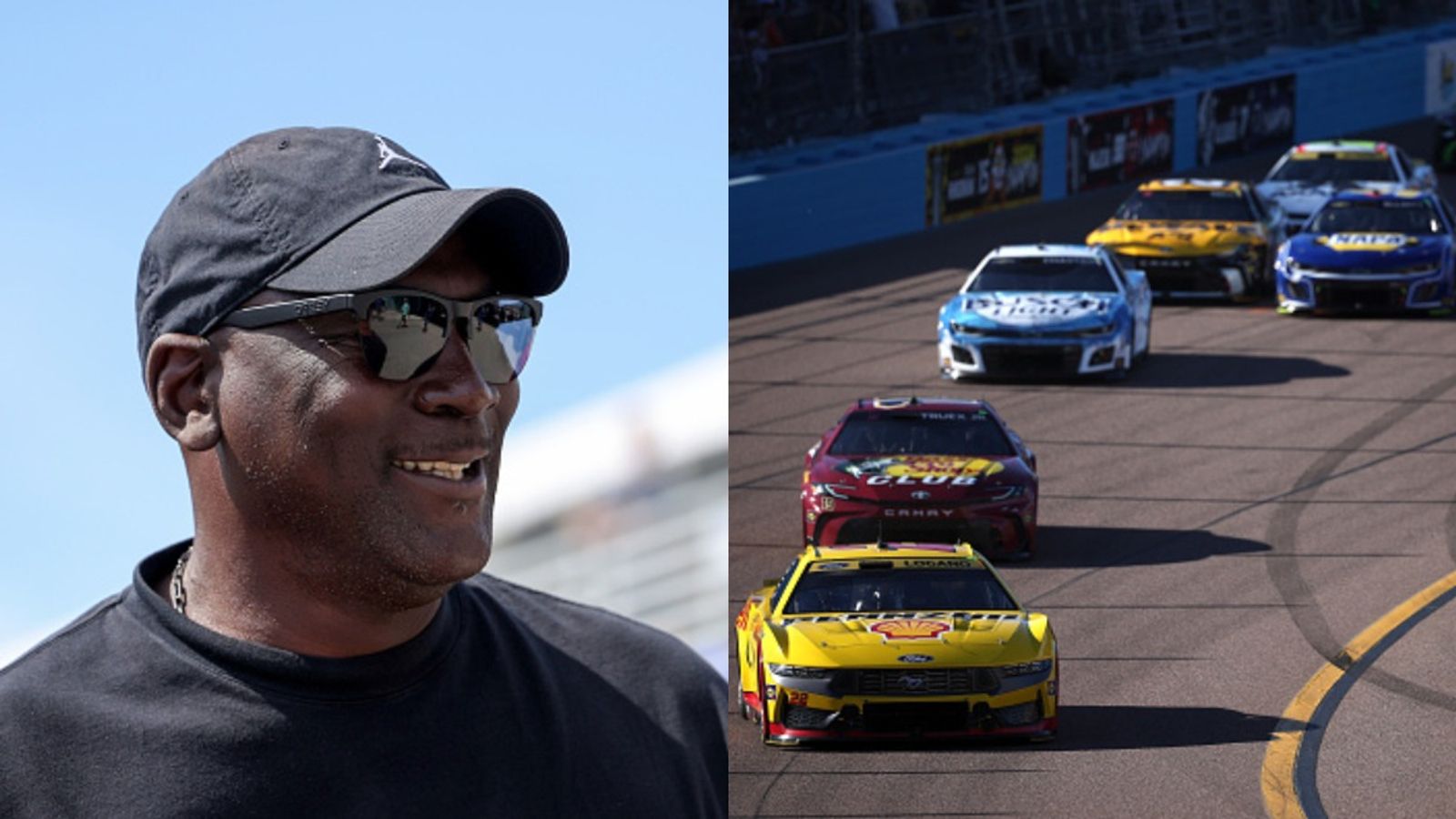In a significant development for the ongoing antitrust case between NASCAR, 23XI Racing, and Front Row Motorsports, U.S. District Judge Kenneth D. Bell ruled on Monday to deny NASCAR’s motion for a stay while the organization appeals the case to the U.S. Court of Appeals for the Fourth Circuit. This decision marks the latest chapter in a legal battle that is poised to continue with serious ramifications for both the racing league and its teams.
Impact of the Injunction
Judge Bell’s decision upholds an injunction that was initially issued last week. The injunction, effective for the 2025 season unless overturned on appeal, prohibits NASCAR from denying 23XI Racing and Front Row Motorsports the same terms offered to charter teams. This ruling also ensures that the two teams are not required to relinquish their legal claims against NASCAR. NASCAR has argued that this arrangement is both unfair and illegal, claiming that 23XI Racing and Front Row Motorsports would be granted a status that may be superior to that of the current charter teams. NASCAR plans to continue its appeal to the Fourth Circuit, where it hopes to present arguments that may carry more weight with appellate judges than those considered by Judge Bell.
Modifications to the Injunction Regarding Charter Purchases
The injunction also affects 23XI Racing and Front Row Motorsports’ plans to acquire charters from Stewart-Haas Racing (SHR). On Monday, Judge Bell amended the injunction, maintaining that NASCAR cannot block Front Row from purchasing a charter from SHR. However, the ruling no longer applies to 23XI Racing’s potential purchase of an SHR charter. Judge Bell explained that while the situations concerning both teams are similar, 23XI Racing’s purchase request was not originally part of the plaintiffs’ injunction motion. Bell suggested that 23XI could pursue a separate injunction to allow their charter purchase, if needed.
NASCAR's Legal Challenges
Judge Bell emphasized that most of the arguments NASCAR presented in its motion had already been addressed in previous court proceedings. He also disputed NASCAR’s claim that he misunderstood the waiver provision’s retroactive nature. Bell expressed frustration with NASCAR's explanation, noting that the provision was "hardly a model of clarity" and that NASCAR's own filings acknowledged its applicability to more than just "retrospective" claims.
Additionally, Bell highlighted the potential harm to SHR and its former employees if the stay were granted. With SHR already scaling back its operations and laying off employees, Bell was concerned that granting the stay would leave former staff members in uncertain circumstances.
The Appeal to the Fourth Circuit
With the district court ruling in place, NASCAR’s attention now shifts to the appeal process in the Fourth Circuit. The organization has requested swift action from the appellate court, although the timing of the holidays may slow proceedings. Court staff, judges, and clerks are often unavailable during this period, potentially extending the duration of the appeal.
NASCAR's legal team will now focus on convincing the Fourth Circuit to overturn Judge Bell’s ruling and allow NASCAR to block 23XI Racing and Front Row Motorsports from receiving the same terms as charter teams. The outcome of this case will have significant implications for the future of NASCAR’s charter system and the teams involved.


